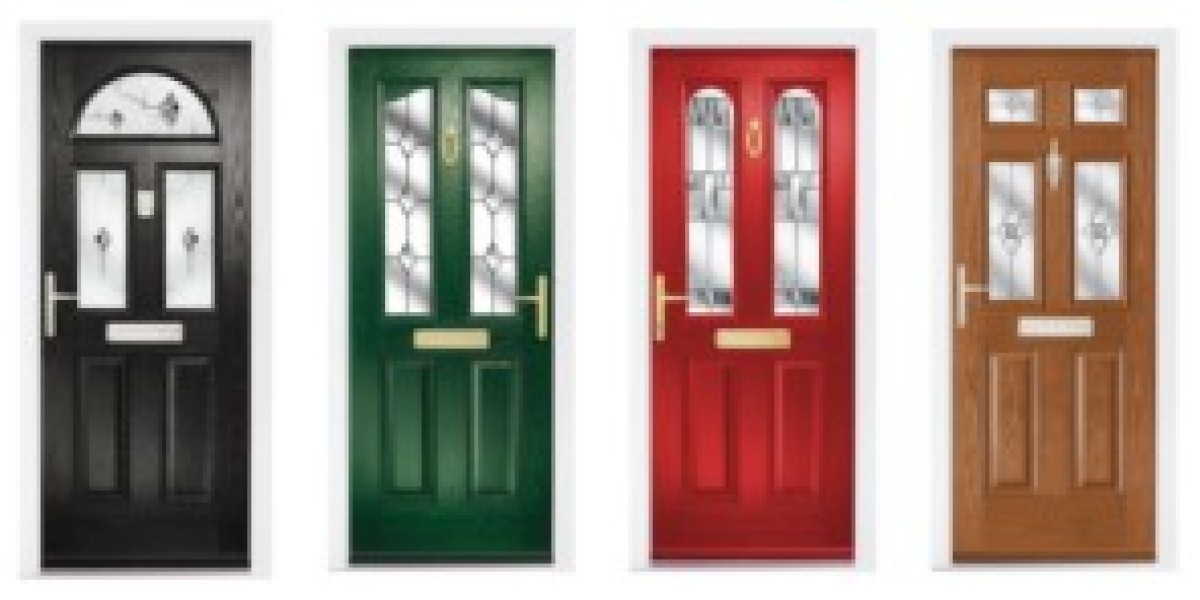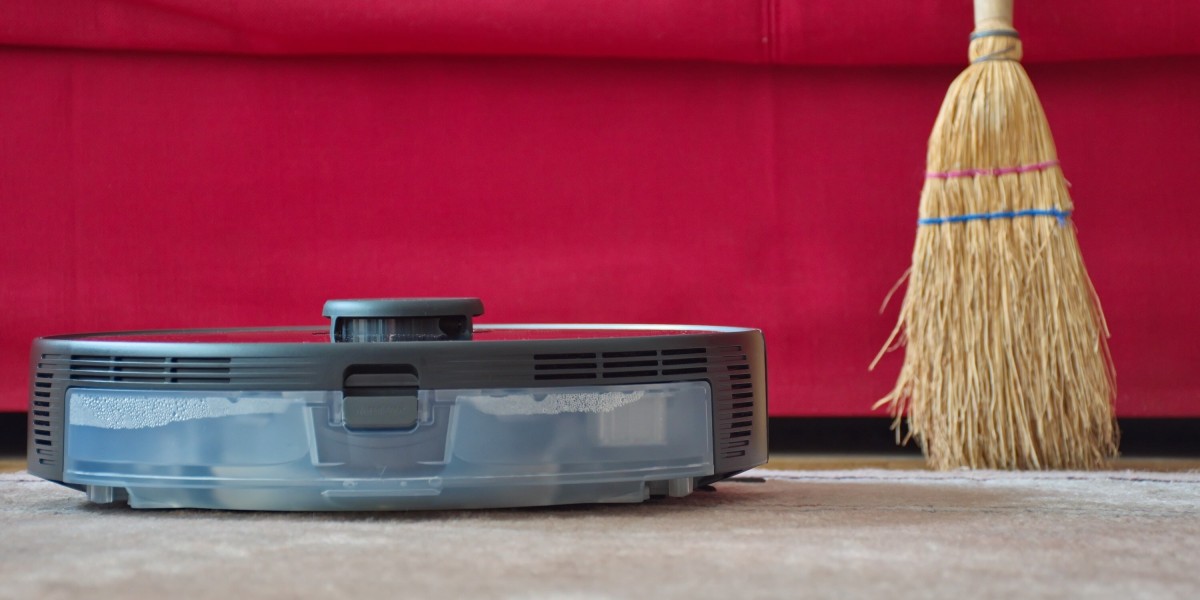Professional Composite Door Repair: A Comprehensive Guide
Composite doors, known for their durability, security, and aesthetic appeal, are a popular choice for property owners. Nevertheless, like any other door, they can experience wear and tear over time. Professional composite door repair is necessary to maintain the performance and look of these doors. This post provides a detailed guide on professional composite door repair, consisting of common problems, repair methods, and maintenance ideas.
Comprehending Composite Doors
Composite doors are made from a mix of products, typically including wood, plastic, and often metal. This mix deals several advantages:
- Durability: Composite doors are resistant to warping, breaking, and decomposing.
- Security: They are extremely secure due to their robust building and construction and multi-point locking systems.
- Energy Efficiency: The materials utilized in composite doors offer outstanding insulation, assisting to lower heating and cooling costs.
- Looks: They can simulate the look of standard wood doors while requiring less maintenance.
Typical Composite Door Issues
Before diving into repair methods, it's crucial to identify common issues that may need professional attention:
- Cracks and Chips: Minor damage can take place due to impact or weathering.
- Warped Panels: Exposure to extreme temperature levels or humidity can cause panels to warp.
- Locking Mechanism Problems: The locking system can become defective, impacting the door's security.
- Seal Deterioration: The weatherstripping and seals can wear, causing drafts and energy loss.
- Hinge Issues: Loose or rusted hinges can affect the door's positioning and operation.
Professional Repair Methods
When it pertains to composite door repair, professional competence is typically necessary to guarantee the job is done correctly. Here are some common repair approaches:
Repairing Cracks and Chips
- Assessment: A professional will examine the degree of the damage to identify if a repair is feasible.
- Preparation: The damaged location is cleaned and gotten ready for repair.
- Filling: A specialized filler is used to fill out the fractures or chips.
- Ending up: The repaired location is sanded smooth and painted or stained to match the rest of the door.
Attending To Warped Panels
- Medical diagnosis: A professional will figure out the reason for the warping, which could be due to wetness or temperature changes.
- Modification: In some cases, the door can be gotten used to remedy the positioning.
- Replacement: If the warping is severe, the panel or the entire door may require to be changed.
Repairing Locking Mechanism Problems
- Assessment: The locking system is completely inspected to identify the problem.
- Lubrication: Moving parts are oiled to ensure smooth operation.
- Replacement: Faulty parts are replaced with brand-new ones.
- Testing: The lock is tested to guarantee it functions properly.
Replacing Seals and Weatherstripping
- Removal: Old, deteriorated seals are carefully eliminated.
- Measurement: New seals are measured and cut to fit the door.
- Setup: The new seals are installed, making sure a tight fit.
- Sealing: Any gaps are sealed to prevent drafts and moisture invasion.
Solving Hinge Issues
- Tightening up: Loose hinges are tightened up with screws.
- Lubrication: Hinges are lubed to decrease friction and sound.
- Replacement: If hinges are severely rusted or damaged, they are replaced with new ones.
Maintenance Tips
Routine maintenance can substantially extend the life of a composite door and avoid the need for significant repairs. Here are some maintenance tips:

- Clean Regularly: Use a moderate detergent and water to clean the door surface area.
- Examine Seals: Check the weatherstripping and seals for wear and tear.
- Lubricate Moving Parts: Apply lubricant to hinges and the locking system.
- Examine for Damage: Regularly examine the door for signs of damage and address problems without delay.
- Keep Proper Alignment: Ensure the door is correctly lined up to avoid warping and sticking.
Frequently asked questions
Q: How often should I have my composite door professionally examined?A: It is advised to have your composite door handle repair door checked at least when a year by a professional to recognize and resolve any possible concerns.
Q: Can I repair small damage to a composite screen door repair door myself?A: Minor damage such as small cracks or chips can typically be repaired with a DIY approach utilizing an appropriate filler and paint. However, more substantial problems ought to be handled by a professional.
Q: What are the signs that my composite door repair FAQ door requires to be replaced?A: Signs that your composite door may need to be replaced include extreme warping, substantial damage, malfunctioning locks, and considerable energy loss.
Q: How can I prevent my composite door fix door from warping?A: To avoid warping, ensure the door is appropriately sealed, preserve a consistent indoor temperature level, and avoid exposing the door to excessive moisture.
Q: Are composite doors more secure than traditional wood doors?A: Yes, composite doors are normally more secure due to their robust construction and multi-point locking systems.
Professional composite door repair is crucial for keeping the functionality, security, and aesthetic appeal of these high-quality doors. By comprehending typical concerns, repair techniques, and maintenance suggestions, property owners can guarantee their composite doors remain in exceptional condition for many years to come. Routine professional inspections and timely attention to any concerns can help avoid major issues and extend the life of the door.
If you believe that your composite door needs repair, it's constantly best to talk to a professional who has the expertise and tools to handle the job effectively.








